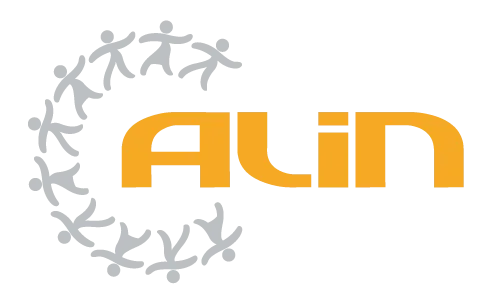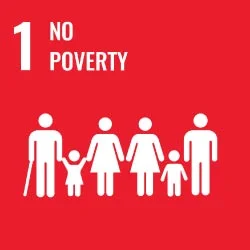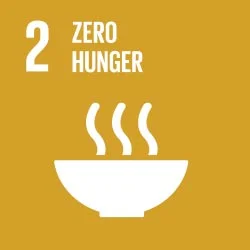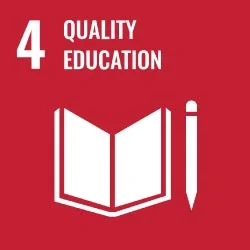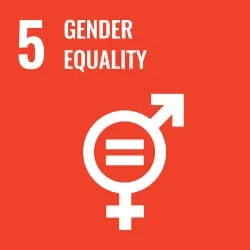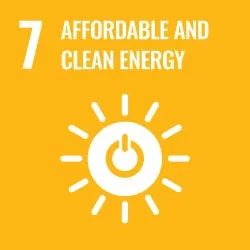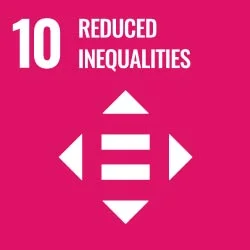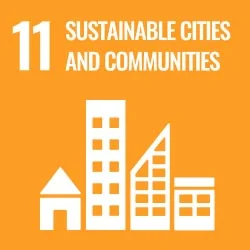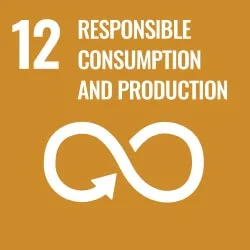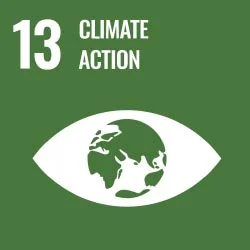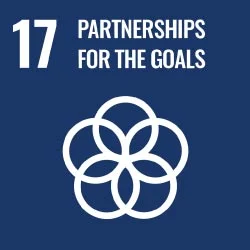Enhancing Climate Justice through the Universal Periodic
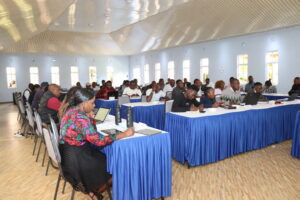
Every five years, the Universal Periodic Review (UPR), a unique intergovernmental peer-review system, assesses the human rights records of all 194 United Nations Members. Regardless of a State's size or political power, the Human Rights Council oversees this State-driven procedure that guarantees that each State's full human rights record is examined under the same guidelines. Every State has the chance to report on the steps they have taken to uphold their duties and advance human rights inside their boundaries through the UPR. It is intended to ensure that each nation is treated equally when its human rights conditions are evaluated.
Kenya Human Rights Commission (KHRC), East African Center for Human Rights (EACH Rights), and Arid Lands Information Network (ALIN), with support from Oxfam IBIS Project named "Democracy, Just Societies and Climate Justice." gathered together Civil Society Organisations involved in climate change from Kilifi and Kajiado counties for Universal Periodic Review (UPR) Recommendations for Climate Change Drafting Workshops in both counties. This is the first UPR cycle featuring climate change recommendations.
Under the UPR procedure, the United Nations Human Rights Council has evaluated Kenya's human rights record three times. Kenya got 253 recommendations from the first cycle in 2010 and the second cycle in 2015, of which 192 (76%) were accepted by the government. Kenya earned 319 recommendations in the third cycle, which concluded on January 23, 2020, an increase over the previous cycle. Of these proposals, the administration took note of 53 and accepted 261. In June 2020, the United Nations Human Rights Council formally endorsed the review's result document. In April 2025, Kenya is currently undergoing its fourth cycle review.
While national NGOs and Civil Society Organizations (CSOs) have traditionally been more engaged in this process, sub-national organizations often lack the necessary knowledge and experience to effectively participate. This gap is problematic, particularly in areas like climate change, which is not just a national issue but a global one with far-reaching implications.
Climate change is a critical thematic area that intersects with numerous human rights, including the right to health, food, water, and even life itself. As such, it is essential that CSOs at all levels, including sub-national organizations, take a leading role in this area within the UPR process. By doing so, they can ensure that climate-related issues are adequately addressed in national policies and that countries are held accountable for their international obligations under various environmental and human rights treaties.
Increased participation of sub-national organizations in the UPR can also lead to a more comprehensive and localized understanding of how climate change impacts different communities. These organizations are often more attuned to the specific needs and challenges faced by local populations, making their input invaluable in shaping policies that are both effective and equitable.
States are expected to furnish information on the execution of recommendations they have previously accepted, including any voluntary commitments, and answer all recommendations made by their peers. Upholding human rights internationally and resolving abuses wherever they arise, the ultimate purpose of the UPR is still to improve human rights worldwide. It requires the complete cooperation of the State being reviewed.
The UPR is the only universal instrument that supports the efforts of all UN treaty bodies. It is an essential procedure for the national, regional, and international advancement of human rights. Notably, the UPR is a continual process rather than a one-time event that aims to improve each nation's human rights status in accordance with recognized guidelines.
ALIN prioritizes linking grassroots realities and national and international policy frameworks, contributing to more inclusive and representative climate justice outcomes.

